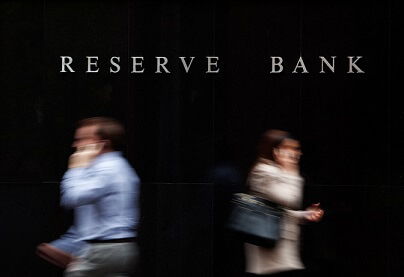High levels of debt and rising house prices could lead to serious economic effects,
Philip Lowe, governor of the Reserve Bank of Australia (
RBA), has warned in an unusually dramatic speech.
Speaking at an Economic Society of Australia (QLD) Business Lunch in Brisbane yesterday (4 May), Lowe said the RBA was concerned about the effect that sharp cuts in average household spending would have in the current economic environment.
“Given the high levels of debt and housing prices, relative to incomes, it is likely that some households respond to a future shock to income or housing prices by deciding that they have borrowed too much,” he said.
This could result in a sharp contraction in household spending which could turn an otherwise manageable downturn into something a lot more severe.
“The financial stability question is: to what extent does the higher level of household debt make us less resilient to future shocks?”
The answer to this question was difficult to determine, he noted.
“History does not provide a particularly good guide, given that housing prices and debt relative to income are at levels that we have not seen before, and the distribution of debt across the population is changing.”
As a result, the RBA has been researching the use of household data to understand how these higher debt levels can affect household spending.
“The results indicate that the higher is indebtedness, the greater is the sensitivity of spending to shocks to income,” he said.
“If this result were to translate to the aggregate level, it would mean that higher levels of debt increase the sensitivity of future consumer spending to certain shocks.”
These higher debt levels also appear to affect how surging house prices influence household spending, he added.
“For some years, households used the increasing equity in their homes to finance extra spending. Today, the reaction seems different.”
While households were taking equity from their housing to finance spending in the early years of rising house prices, today there is less inclination to do so with concerns around accumulating too much debt and the effect of rising house prices on the next generation.
“As I have spoken about previously, higher housing prices are a two-edged sword. They deliver capital gains for the current owners, but increase the cost of future housing services, including for our children.”
Related stories:
Reliance on housing bringing risks: Citi
New blueprint laid out for housing affordability
Risks flagged in broker-linked mortgage controls


